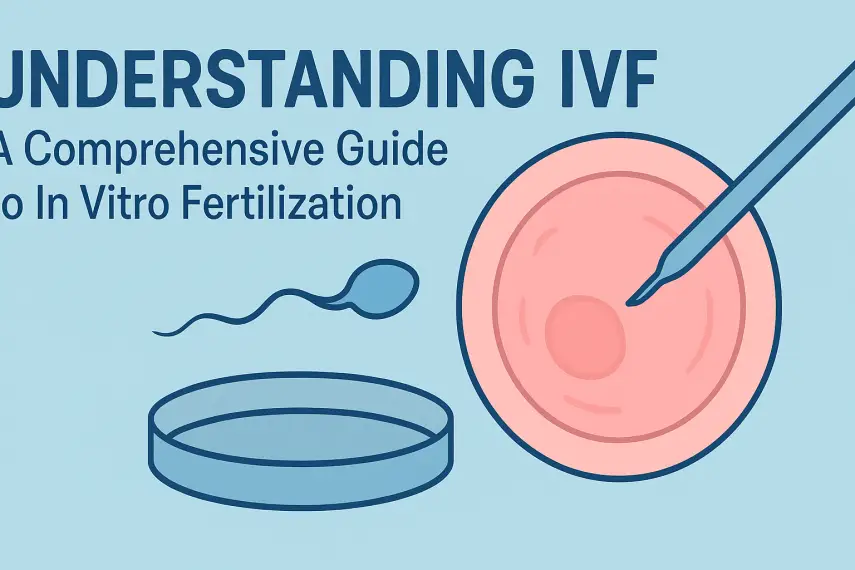
Comprehensive Guide to Women, Mother & Child Health: Tips, Challenges, and Solutions
📑 Contents
Comprehensive Guide to Women, Mother & Child Health: Tips, Challenges, and Solutions
Women, mother, and child health are cornerstones of a thriving society. By focusing on the well-being of women and children, families and communities can break cycles of poor health and empower future generations. This guide provides up-to-date, practical information on essential aspects of women’s, maternal, and child health, including nutrition, prenatal care, common health issues, and actionable tips for lifelong wellness.
Understanding the Importance of Women, Mother & Child Health

Women’s health directly impacts the health of their families and communities. A healthy mother is more likely to give birth to a healthy child and provide optimal care during the critical early years of life. According to the World Health Organization (WHO), investing in the health of women and children yields long-term social and economic benefits, reducing mortality rates and improving quality of life.
Key Areas of Focus
- Reproductive Health: Access to family planning, safe childbirth, and gynecological care.
- Maternal Health: Prenatal, perinatal, and postnatal care for mothers.
- Child Health: Immunization, nutrition, and disease prevention during childhood.
- Mental Health: Addressing postpartum depression, anxiety, and stress management for mothers.
Essential Nutrition for Women and Children

Proper nutrition is the foundation of good health for women and children. Nutritional needs vary by age and life stage, making it crucial to understand specific requirements for women of reproductive age, pregnant and breastfeeding mothers, and growing children.
Key Nutrients and Their Roles
| Nutrient | Role in Health | Sources | Life Stage |
|---|---|---|---|
| Folic Acid | Prevents neural tube defects in newborns | Leafy greens, fortified cereals, beans | Preconception, Pregnancy |
| Iron | Prevents anemia, supports growth | Red meat, lentils, spinach | Pregnancy, Childhood |
| Calcium | Builds strong bones and teeth | Dairy, tofu, almonds | Pregnancy, Childhood, Adolescence |
| Vitamin D | Enhances calcium absorption, immunity | Sunlight, fortified milk, fatty fish | All stages |
| Protein | Supports tissue growth and repair | Lean meats, eggs, legumes | Pregnancy, Childhood |
| Omega-3 Fatty Acids | Brain and eye development | Fish, walnuts, flaxseeds | Pregnancy, Childhood |
Tips for Healthy Eating
- Eat a variety of fruits, vegetables, whole grains, and lean proteins daily.
- Limit processed foods, sugary drinks, and excessive salt.
- Stay hydrated, especially during pregnancy and breastfeeding.
- Consult a healthcare provider for personalized dietary advice.
Prenatal and Maternal Care: What Every Mother Should Know

Prenatal care is vital for monitoring the health of both mother and baby throughout pregnancy. Regular check-ups and screenings help detect and manage potential complications early, reducing the risk of adverse outcomes.
Essential Prenatal Steps
- Early and Regular Visits: Schedule your first prenatal appointment as soon as pregnancy is confirmed and attend all recommended visits.
- Screening Tests: Blood tests, ultrasounds, and screenings for gestational diabetes, preeclampsia, and infections are standard.
- Vaccinations: Stay up to date with necessary vaccines, such as influenza and Tdap.
- Healthy Lifestyle: Avoid tobacco, alcohol, and illicit drugs; maintain regular physical activity as advised by your healthcare provider.
- Mental Health Awareness: Monitor for signs of anxiety or depression and seek help if needed.
Postnatal Care
After delivery, both mother and child require ongoing care. Postnatal visits assess physical recovery, emotional well-being, and infant health, including feeding and growth monitoring.
- Attend postnatal check-ups within 6 weeks of delivery.
- Discuss breastfeeding, contraception, and postpartum mood changes with your provider.
- Seek support for any physical or emotional challenges.
Common Health Challenges for Women, Mothers, and Children
Despite advances in healthcare, women and children still face various health challenges worldwide. Understanding these issues can help families take preventive measures and seek timely intervention.
For Women and Mothers
- Gestational Diabetes: Monitor blood sugar during pregnancy and follow dietary and medical advice.
- Preeclampsia: Watch for symptoms like high blood pressure, swelling, and headaches.
- Postpartum Depression: Recognize signs such as persistent sadness, fatigue, and loss of interest in daily activities.
- Reproductive Health Issues: Address menstrual disorders, polycystic ovary syndrome (PCOS), and menopause symptoms.
For Children
- Malnutrition: Ensure balanced diets rich in essential nutrients.
- Common Infections: Prevent with vaccines and good hygiene practices.
- Developmental Delays: Monitor milestones and consult pediatricians if concerned.
- Respiratory Illnesses: Reduce exposure to smoke and pollutants; seek early treatment for symptoms.
Immunization and Disease Prevention
Immunization is one of the most effective ways to protect mothers and children from life-threatening diseases. Following recommended vaccination schedules and practicing good hygiene are key to preventing illness.
Recommended Vaccines
- For Women: HPV, influenza, Tdap, and rubella (pre-pregnancy).
- For Infants and Children: Hepatitis B, polio, DTaP, MMR, Hib, pneumococcal, rotavirus, and more as per local guidelines.
Disease Prevention Tips
- Wash hands regularly with soap and water.
- Practice safe food preparation and storage.
- Ensure safe drinking water and sanitation.
- Use mosquito nets and repellents in areas with malaria or dengue risk.
Mental Health and Emotional Well-being
Mental health is integral to overall well-being, especially for women during pregnancy and the postpartum period. Children also need emotional support to thrive.
Supporting Maternal Mental Health
- Build a strong support network of family and friends.
- Communicate openly with healthcare providers about mood changes.
- Practice self-care and seek professional help if symptoms of depression or anxiety persist.
Promoting Child Emotional Health
- Encourage open communication and active listening.
- Provide a stable, nurturing environment.
- Monitor for signs of stress, bullying, or behavioral changes.
Empowering Women and Families: Access and Education
Access to quality healthcare and health education empowers women to make informed choices for themselves and their children. Community programs, online resources, and regular check-ups can bridge gaps in knowledge and services.
Steps to Improve Access and Awareness
- Utilize community health centers and maternal-child health programs.
- Attend prenatal and parenting classes.
- Stay informed with credible online resources (e.g., WHO, CDC, local health departments).
- Advocate for women’s health rights and access to services in your community.
Frequently Asked Questions (FAQs)
1. How often should a pregnant woman visit a healthcare provider?
Most guidelines recommend monthly visits during the first 28 weeks, biweekly visits until 36 weeks, and weekly visits until delivery. High-risk pregnancies may require more frequent monitoring.
2. What are the key warning signs during pregnancy?
Seek immediate medical care for severe abdominal pain, heavy bleeding, persistent headaches, vision changes, swelling of hands or face











